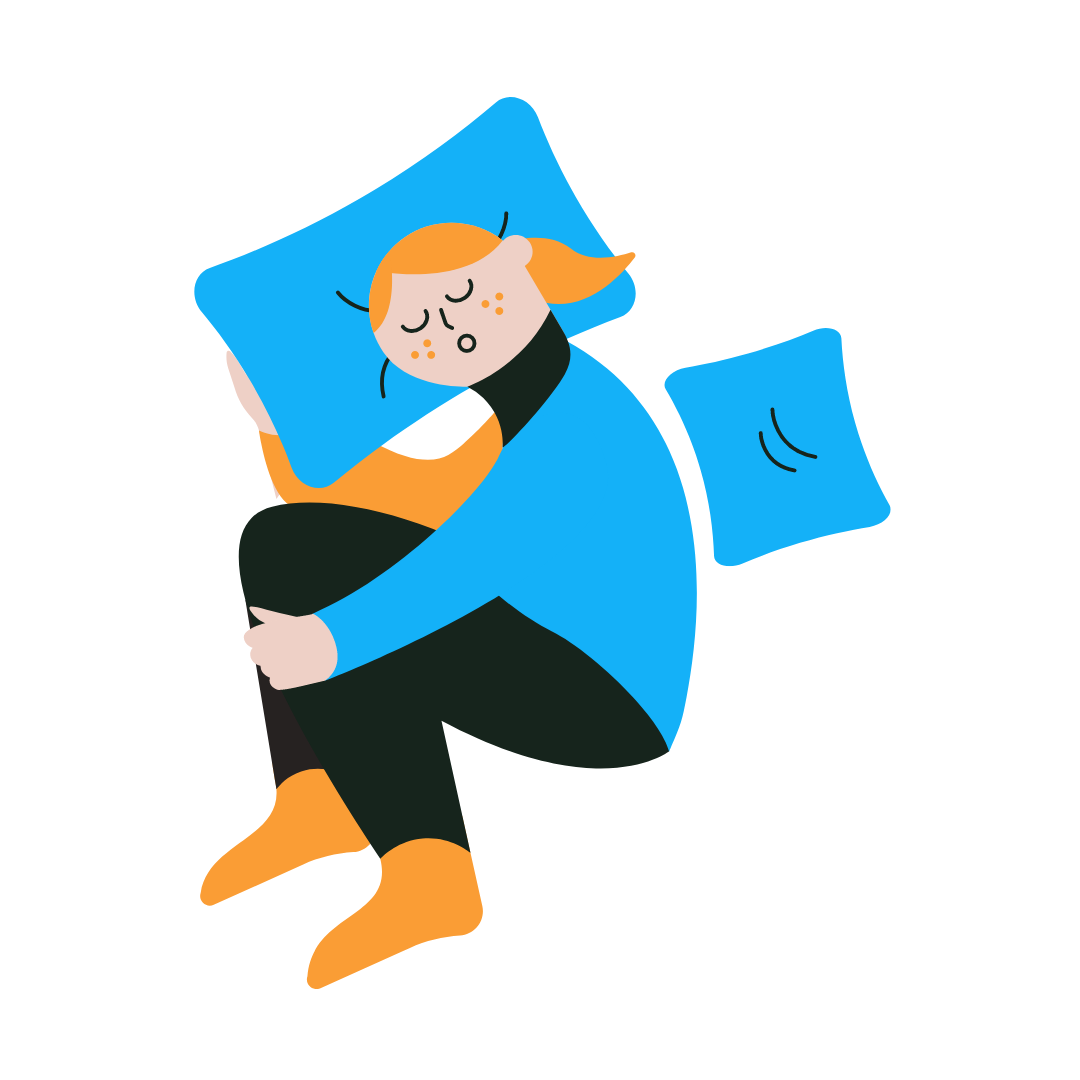Let's talk about sleep - Part 2
By Tegan Hailey
Part 2 -
Struggling to Sleep?
Whilst we all know, getting enough sleep each night is vital for our health and well being, It is common to see sleep disturbances with pain. Whether that be in initially getting to sleep or staying asleep throughout the night, pain can interrupt our normal rhythms. Sometimes even if you manage to get enough sleep, the quality of sleep can be quite poor, meaning we still don't feel well rested in the morning.
Is there anything we can do to help improve our quality and amount of sleep? Regardless of whether pain is limiting us or not, we can start with good sleep habits.
Let’s start with the basics…
1. Develop a regular sleep schedule
Going to bed and waking up at the same time will help maintain your body’s internal clock. This helps you to fall asleep and wake up more easily.
2. Create the right sleeping environment for you
Try to create the same sleeping environment every night, once again this will vary from person to person. Whether that be a very dark room, sleeping with the door open just a little bit etc.
3. Avoid all screens at least 30 minutes before bed
VERY IMPORTANT, and one in which many of us are guilty of! Electronic devices emit short-wavelength light, known as blue light, which has been shown to reduce/delay the natural production of melatonin in the evening. Melatonin is the hormone responsible for creating the feelings of sleepiness. There has also been some investigation into blue light affecting the quality of REM sleep (1).
4. Try to avoid stimulants such as caffeine before bed
As caffeine is a stimulant, it inhibits the chemicals in the brain that promote sleep. Caffeine reaches peak levels in the bloodstream within 30-70 minutes, with its effects last between 3-7 hours, taking up to 24 hours before it is fully eliminated from the body (2).
5. Practice mindfulness
Being in the right mindset before bed can be tricky. It is often easier to focus on relaxation than trying to fall asleep. Whether you practice mindfulness, meditation, breathing exercises, or any other relaxation techniques that work for you.
6. Limit napping during the day
If you do, try to keep it under 20 minutes! Napping can be good for relieving stress and increasing alertness, however for adults, napping for too long can interrupt our regular sleep cycles. This may be in getting to sleep that night or getting the right amount of hours in.
7. Make sleep a priority!
Most importantly we should prioritise sleep where possible. Most adults need 8-10 hours of uninterrupted sleep per night, with younger children needing more.
For more information about sleep recommendations for you age group check out Australia’s 24-Hour Movement Guidelines.
If you are looking to make changes in your sleep habits, it is a good idea to make gradual adjustments, as it can take a while for your body to recognise a new routine.
References:
How Does Blue Light Affect Children's Sleep? | Sleep Foundation. Sleepfoundation.org. (2021). Retrieved 23 September 2021, from https://www.sleepfoundation.org/children-and-sleep/how-blue-light-affects-kids-sleep.
Sleep, C. (2021). Caffeine and Sleep. The Sleep Health Foundation. Retrieved 23 September 2021, from https://www.sleephealthfoundation.org.au/caffeine-and-sleep.html








